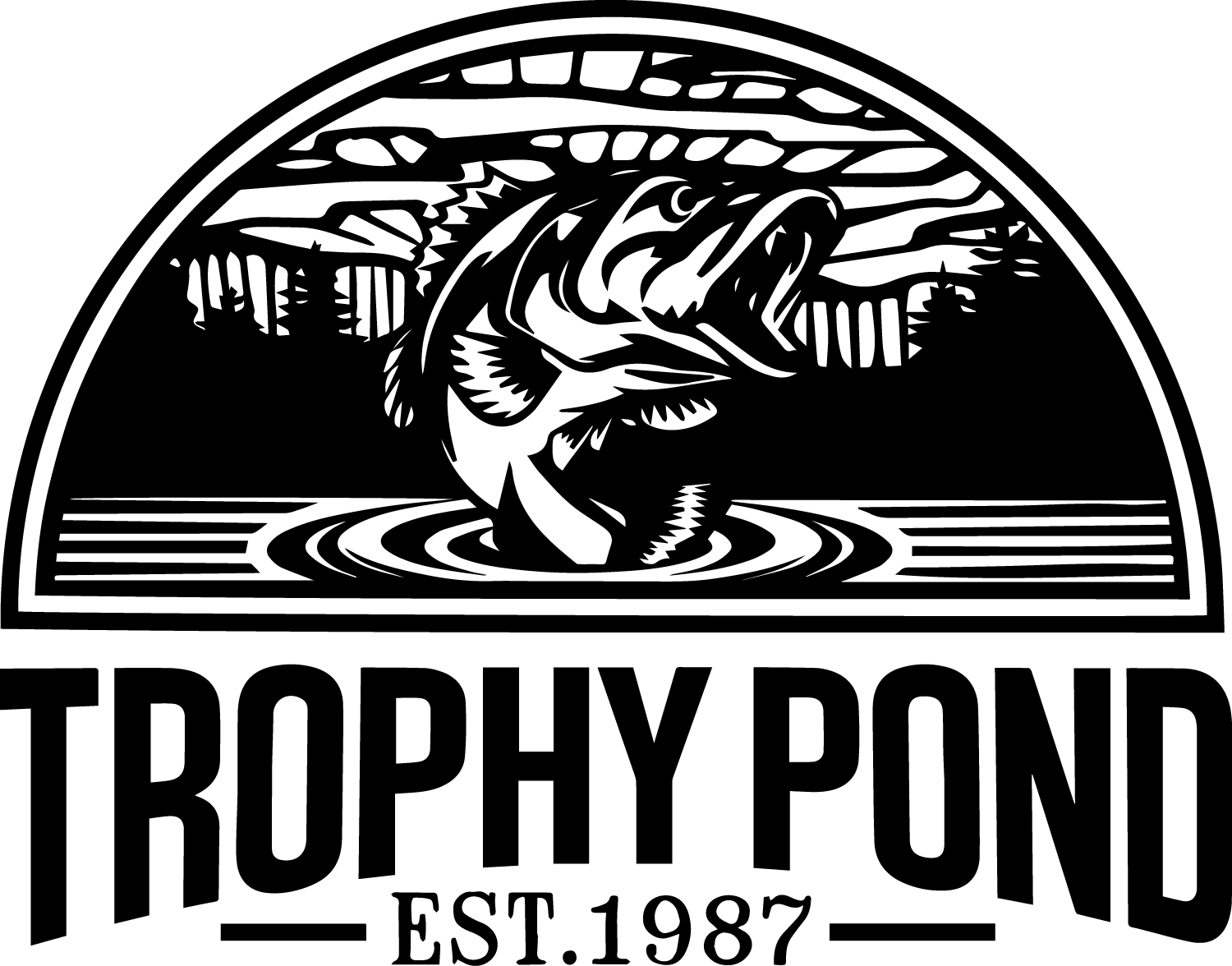Pond Stocking Tennessee: Not All Fish Stockers Are Created Equal
There are basically three types of company that will deliver fish to private landowners in Tennessee and other southeastern states. Knowing the differences between these three types can mean the difference between a pond with fantastic fishing and one with mediocre or terrible fishing. No single moment in the history of your pond is as important as the moment that pond is stocked for the first time with fish: if you have a new pond, you owe it to yourself to get that moment right. Stocking with the proper species and numbers for your goals will eventually, if the pond is properly managed, lead to better fishing than most anglers without private pond access will ever experience; stocking with the wrong species such as crappie or grass carp, or the wrong numbers of the right species for your goals, will doom the pond to failure no matter what management actions are taken subsequent to the stocking. Who you buy your fish from can go a long way toward impacting the future of your pond.
One type of company that stocks ponds is large fish hatcheries that send fish trucks on a weekly basis in the spring and fall to co-ops and farm supply stores all across the eastern U.S. Most of these companies don’t even offer pond management services; if, for example, you ask them if they can do an electrofishing survey on your pond, they’ll tell you that they don’t even own electrofishing equipment. Most of these companies don’t do herbicide treatments, sell or install feeders or aeration, or perform any of the other services offered by any good pond and lake management company; their sole focus is raising and selling fish, and they do so in large volumes. They’re not known for their expertise in pond management; some of these companies pretend to give stocking guidance on a rudimentary level via their websites, but even cursory research will tell you that their recommendations are a far cry from what actual professional consultants recommend. These companies don’t employ biologists to travel to landowners’ ponds; most don’t have any fisheries biologists on their staff. These companies are known for routinely selling landowners fish they don’t need, and oftentimes fish that will ruin the entire pond such as crappie, simply because their focus is on a one-time sale and not becoming a long-term service provider for the landowner and helping him achieve his goals for his pond. Buying your fish from one of these companies because it will save you $100 on stocking your pond could be the most expensive mistake you'll ever make.
A second type of company that stocks fish is the pond and lake management company that doesn’t raise its own fish. These companies typically do offer a full range of pond management services, everything from electrofishing to herbicide treatments to feeder and aeration sales and installation; some of these companies even offer pond construction and repair, though most subcontract this work and don’t own equipment or do the work themselves (Trophy Pond, to our knowledge, is the only pond management company in this region that both owns our own heavy equipment and does the actual excavation work with trained operators). These companies more often than not do not do fish truck days; they only deliver fish directly to the landowner’s pond, after an appointment has been made in advance.
While not all pond management companies are created equal, if you buy your fish from an established company, you’re more likely to get good guidance on what fish to stock than you would from a fish-only hatchery. These companies typically have years of experience managing private ponds and lakes, and they’ll ask you about your goals for the pond and give you a specific plan based on those goals. The major disadvantage of these companies is that because they don’t raise any of their own fish, they’re at the mercy of the hatcheries; if the hatchery they normally get their bluegill from, for instance, runs out of bluegill, they have to buy from another hatchery, and that hatchery may or may not have the same quality fish. They have no control over the quality of any of the fish they stock, because they’re not there when the fish are being bred and raised; they don’t know, for example, whether those bass that are being represented as pure Florida largemouth are truly 100% Florida, or only 60% or 75% Florida; they don’t know whether those coppernose are pure coppernose or part northern bluegill.
The third kind of company that stocks fish in the southeast is the fish hatchery that also offers pond and lake management services. Most of these companies have a certain number of species that they raise themselves, and other species that they buy from other farms as demand requires. These companies can better control the quality of their fish than can pond and lake management companies that don’t raise fish, and often have better fish than the large-volume hatcheries. Companies from this category, when they’re good, can give you a level of service unobtainable from the other two types. One thing to be wary of with this type of company is one that has a fish that they’re known for, that they sell aggressively even when it’s not the right fish for that pond or lake; for an example of this, read our blogs on F-1 largemouth. One other thing to beware of in this category is companies that claim to offer comprehensive pond management, when in fact their idea of management is mainly selling their fish, even when fish are not what the pond needs - see our blog post, “Pond Management Tennessee: Beware False Advertising.”
